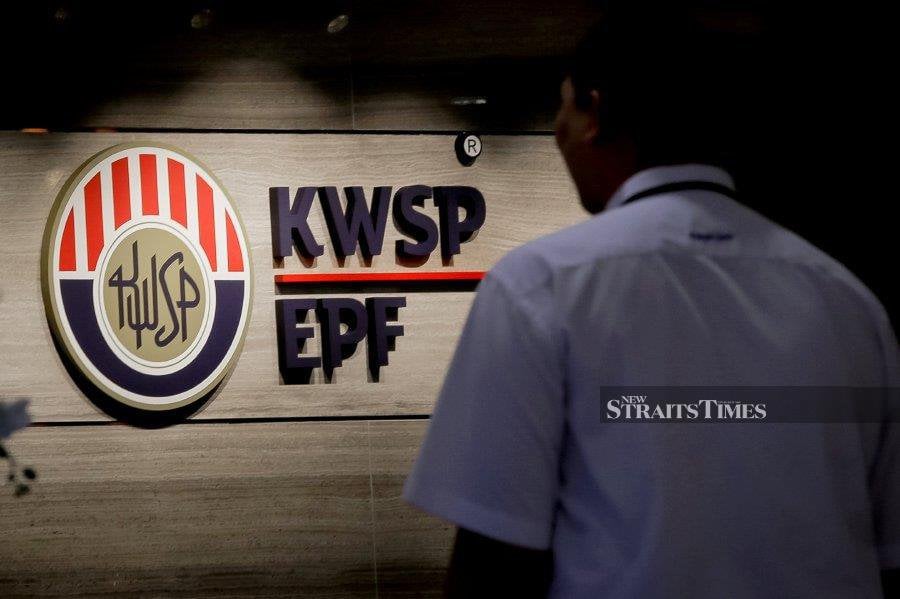KUALA LUMPUR: A potential of up to RM7 billion in savings to the country's economy could potentially be generated through the implementation of compulsory contributions to the Employees Provident Fund (EPF) by migrant workers.
However, according to the Universiti Malaysia Social Wellbeing Research Centre Senior Research Fellow Dr Zulkiply Omar, RM3.25 billion to RM6.91 billion of savings could be achieved if the same rate of 13 per cent and 11 per cent, respectively, for employers and local employees are also set to the foreign workers.
He said the EPF contribution serves as an important source of savings for the country particularly in driving investment or capital accumulation to enhance Malaysia's production capacity.
"Having one standard contribution for all will promote economic growth, particularly on the supply side of the economy because this will increase the potential gross domestic product (GDP) through savings and investment and productivity improvement," Zulkiply said during the Roundtable Discussion: Expanding EPF Coverage to Migrant Workers in Malaysia.
He added that any differences in the contributions would affect the country's potential economic growth and also present human rights issues, particularly involving foreign workers' social protection.
He said the different rates would lead to discrimination towards foreign workers which would potentially lead to an inefficient labour market before leading to weak productivity growth.
Zulkiply said the same issue would also lead to a labour market distortion as the costs of hiring foreign workers are cheaper and the businesses will focus on the short-term cost benefits which would lead to inefficiency as the firms have no incentive to absorb labour-saving technology.
"This is downward pressure on wage and productivity growth because people are paid below their value and because the wage is below the value of the product, it will lead to inefficiency in the labour market.
"One of the issues caused by labour market inefficiency that we always hear about is skill mismatch because of weak demand for skilled labour, it leads to excess supply in the market," he said.
Zulkiply said such a situation would see skilled workers forced to accept low-wage jobs as one-third of workers are underemployed.
During the tabling of the 2025 Budget in October, Prime Minister Datuk Seri Anwar Ibrahim announced that the government planned to make it compulsory for all non-citizen workers to contribute to the EPF.
He is also the Finance Minister said the move is in line with the government's commitment to providing fair treatment to all workers regardless of their nationality as per international standards.
In the following month, Finance Minister II Datuk Seri Amir Hamzah Azizan said the policy was aimed at improving wage equity and ensuring local workers are not disadvantaged as the government aimed to close the wage gap between local and foreign workers.
















